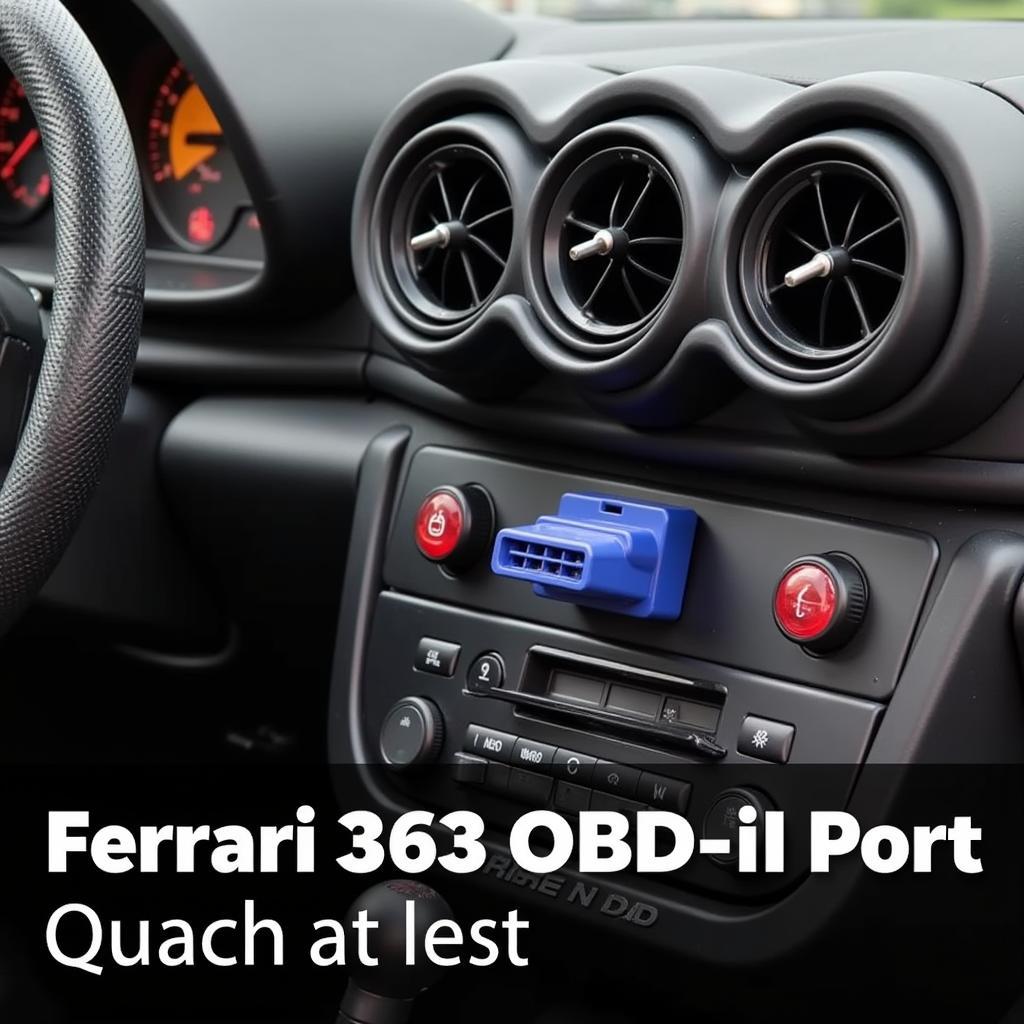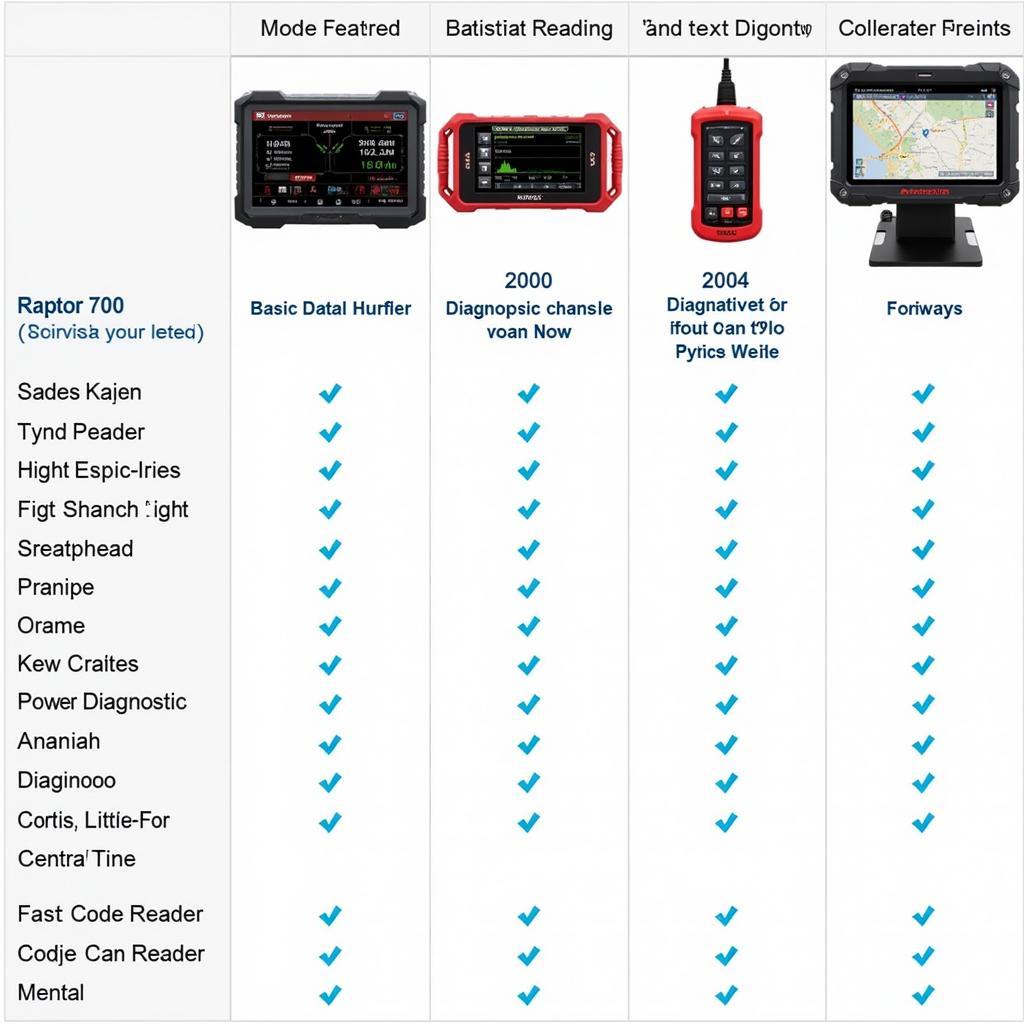The iLand diagnostic tool app, a popular choice among mechanics and car enthusiasts, has recently been in the news for a security breach. While the developers are working hard to resolve the issue, it’s crucial for users to understand the implications and take necessary precautions.
What Happened?
Reports suggest that hackers exploited a vulnerability in the app’s software, potentially gaining access to user data and vehicle information. The full extent of the breach and the specific data compromised are still under investigation.
Potential Risks of Using a Hacked iLand App
Using a compromised version of the iLand app could expose you to several risks:
- Data Theft: Hackers may have accessed your personal information, such as your name, email address, and payment details, stored within the app.
- Vehicle Security Compromise: There is a possibility that hackers could gain access to your vehicle’s diagnostic information, potentially manipulating settings or even remotely controlling certain functions.
- Malware Infection: The hacked app could potentially install malware on your device, compromising its security and putting your personal data at risk.
What You Should Do
If you have the iLand app installed on your device, it’s crucial to take the following steps:
- Stop Using the App Immediately: Disconnect your device from your vehicle and refrain from using the iLand app until further notice.
- Update the App: As soon as the developers release a security patch, update the app to the latest version. This will help mitigate any known vulnerabilities.
- Change Your Passwords: Change your iLand app password and any other passwords you might have stored on your device or that are similar to your iLand app password.
- Monitor Your Accounts: Keep a close eye on your bank accounts, credit card statements, and other financial accounts for any suspicious activity. Report any unauthorized transactions immediately.
- Scan for Malware: Run a full system scan on your device using reputable anti-virus software to detect and remove any potential malware.
Protecting Yourself in the Future
This incident highlights the importance of cybersecurity, even in the automotive world. Here are some tips to protect yourself in the future:
- Download Apps from Trusted Sources: Only download apps from official app stores like Google Play Store and Apple App Store.
- Read App Permissions Carefully: Before installing any app, carefully review the permissions it requests. Be wary of apps requesting unnecessary access to your data or device functions.
- Keep Your Software Updated: Regularly update your device’s operating system and all installed apps to ensure you have the latest security patches.
- Use Strong Passwords: Create unique and strong passwords for all your online accounts, including your diagnostic tool apps.
Expert Insights
“The automotive industry is increasingly reliant on software, making cybersecurity a paramount concern,” says Alex Davies, a cybersecurity expert specializing in connected car technologies. “It’s crucial for both developers and users to prioritize security measures and stay informed about potential threats.”
Get Help from ScanTool.US
Staying informed and taking appropriate precautions can help you mitigate the risks associated with compromised apps like iLand. If you have any further questions or concerns about your vehicle’s diagnostic tools or need assistance with automotive software, don’t hesitate to contact the experts at ScanTool.US. Our team of experienced technicians is here to provide guidance and support.
Contact us:
Phone: +1 (641) 206-8880
Office: 1615 S Laramie Ave, Cicero, IL 60804, USA
FAQs
1. Is it safe to use the iLand app now?
It is recommended to avoid using the iLand app until the developers have released a security patch and addressed the vulnerability.
2. What if I already used the iLand app after the hack?
If you used the app after the reported hack, monitor your financial accounts closely, change your passwords, and run a malware scan on your device.
3. Are other diagnostic tool apps also at risk?
While this specific incident involves the iLand app, it’s crucial to be aware that any app or software can have vulnerabilities. Always prioritize downloading from trusted sources and keeping your software updated.
4. How do I know if my device has malware?
Signs of malware can include slow performance, excessive battery drain, unusual pop-ups, and unexplained app crashes. Run a full system scan using reputable anti-virus software if you suspect malware.
5. How can I learn more about protecting my car from cyber threats?
You can find valuable resources and information on automotive cybersecurity on websites of organizations like the National Highway Traffic Safety Administration (NHTSA) and cybersecurity firms specializing in connected car technologies.


